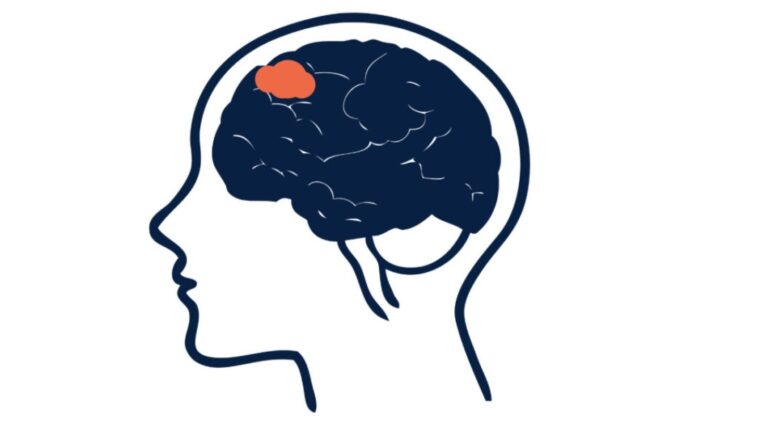High performance is a popular topic of conversation in the business world. Business leaders are always looking for ways to improve their company’s performance as well as their own, and neuroscience is one area that is gaining attention as a potential tool for business success.
Neuroscience is the study of the nervous system and has traditionally been used in medicine and psychology. However, recent advances in neuroscience research are providing new insights into how the brain works and how it can be influenced. Now, neuroscience is applied in a variety of fields, including business.
This article will discuss various ways engaging your brain can help you perform at your best as a business leader. To dive further into these topics, consider registering for a neuroscience business course.
What is Peak Performance?
Before we get into how neuroscience can help achieve peak performance, it’s important first to understand what peak performance is.
Peak performance refers to the optimal level of cognitive and physical function. In other words, it’s the best that you can be at any given task. This doesn’t mean being perfect; rather, it means performing at your highest possible level.
Several factors contribute to peak performance, including motivation, focus, skill level, and experience. However, neuroscience research suggests that one of the most important factors is how well your brain functions.
Your brain is responsible for all of your thoughts, emotions, and actions. So it stands to reason that if you want to perform at your best, you need to make sure your brain is functioning at its best.
This is where neuroscience comes in. Neuroscience is the study of the nervous system, and it can provide insights into how to optimize brain function. A better understanding of neuroscience helps improve performance in many areas, including business.
How Neuroscience Can Help Drive Business Success
There are several ways neuroscience can help business leaders achieve success and peak performance.
Improving decision-making
One of the most essential roles of a business leader is to make decisions. These decisions can significantly impact the company’s bottom line, so it’s essential that they are made carefully and wisely.
Neuroscience can help business leaders make better decisions by providing insights into how the brain processes information. With this understanding, they can then use it to develop decision-making strategies that are more likely to lead to success.

For example, neuroscience research has shown that the brain is more likely to make good decisions when it is in a state of “flow”. Flow is a state of peak performance in which the individual is entirely focused and absorbed in the task at hand.
When they understand how flow works and how to achieve it, business leaders can learn to make better decisions by putting their brains into this optimal state.
Leading with emotional intelligence
Another vital role of a business leader is to manage and motivate employees. This requires a great deal of emotional intelligence, which means understanding and managing emotions.
Neuroscience helps business leaders develop their emotional intelligence by providing insights into how the brain processes emotions. Emotional intelligence is vital for creating strategies for managing emotions in oneself and others.
For example, neuroscience research has shown that emotions can impact decision-making. So, through learning how to manage emotions, business leaders can make better decisions and avoid costly mistakes.
In addition, neuroscience research has also shown that emotions play a role in motivation. When they understand how emotions influence motivation, business leaders can learn how to motivate and inspire their employees—and themselves!
Control unconscious bias
Finally, neuroscience can also help business leaders by providing insights into unconscious bias. Unconscious bias refers to the judgments and assumptions we make without realizing it.
These biases can impact everything from who we hire to how we promote employees. And they can have a negative impact on both individual employees and the company as a whole.
Neuroscience can help business leaders overcome their unconscious biases by providing insights into how the brain forms these biases. This knowledge can then be used to create strategies for recognizing and countering them.
For example, neuroscience research has shown that people are more likely to form biases when they’re tired or stressed. So, upon learning how to identify these triggers, business leaders can avoid making decisions that are based on bias.
Neuroscience and Business Performance
There are many different ways neuroscience can improve a business’ performance. For example, neuroscience can be used to understand customer behavior, optimize employee productivity, and create more effective marketing campaigns. Additionally, neuroscience can help businesses to identify and reduce risk factors associated with poor performance.
Let’s explore these applications of neuroscience in more detail:
Understanding customer behavior
Neuroscience can help businesses understand customer behavior by providing insights into how the brain makes decisions. Then, businesses can develop marketing strategies that are more likely to lead to sales. Additionally, neuroscience can help you understand why customers make certain choices and how to influence their decision-making process.
Optimizing employee productivity
Another way that neuroscience can be used to improve business performance is by optimizing employee productivity. Neuroscience can provide insights into how the brain works and how it can be optimized for peak performance. This knowledge can then help develop strategies for improving employee productivity, such as creating work environments that are conducive to flow state or providing employees with tools to manage their emotions.

Reducing risk factors
Neuroscience can also help businesses reduce risk factors associated with poor performance. For example, neuroscience research has shown that stress can impact cognitive function. Therefore, businesses can reduce the risk of errors and accidents by lowering stress levels. Additionally, neuroscience can help companies identify other risk factors that may lead to poor performance.
Overall, neuroscience can play a valuable role in helping businesses to improve performance. By understanding how the brain works and using this knowledge to develop successful strategies, businesses can achieve their goals and reach new levels of success.
